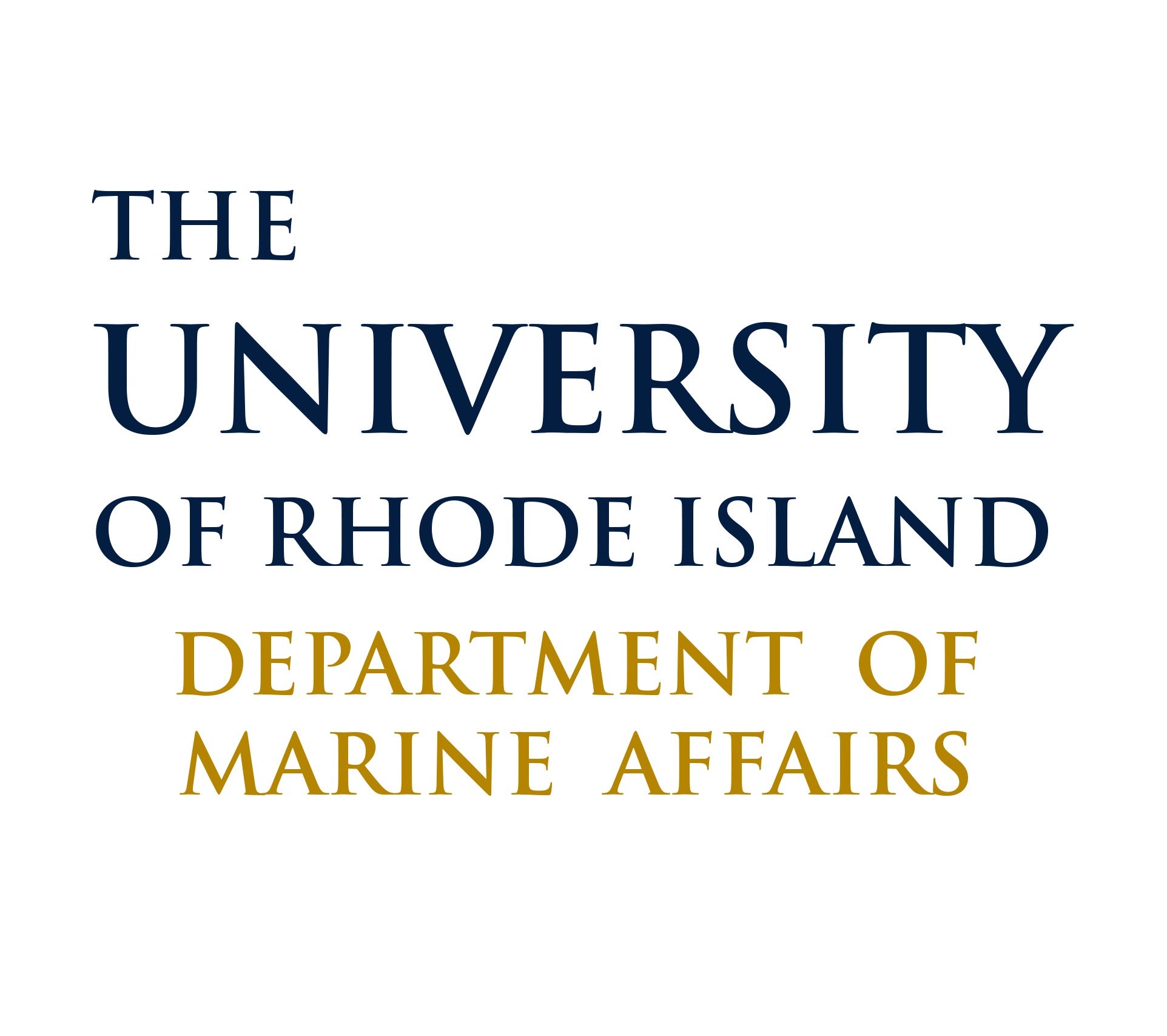To all Marine Affairs students, faculty, staff, and alumni,
2020 has been and continues to be a challenging year. Among all the other things that are going on, we realize that police violence against black bodies has not abated. Ahmaud Arbery, Breonna Taylor, George Floyd, Rayshard Brooks, Daniel Prude, Jacob Blake. We say their names to acknowledge their humanity and to keep their story alive. We want you to know that we recognize that many of you are continually experiencing feelings of distress, grief, confusion, and fear, and we are here as a department to support you, should you need to talk or ask questions, no matter what happens on the local or national stage.
We also want to make it clear that we are aware that issues of systemic racism, oppression, erasure, and injustice are as rampant within the domain of marine science and policy as they are anywhere else in this country. As the first department of Marine Affairs in the country fortunate enough to be celebrating our 50th anniversary, it is our responsibility to explicitly address these issues as they manifest in ocean and coastal histories and contemporary lives at sea. We further know that there are historical and structural reasons why our field is predominantly white, and it behooves us to actively advocate for a more inclusive, diverse, and socially aware community of practice. At the same time, we recognize the important contributions that people of color have made to marine conservation and environmental movements in the U.S. and around the world. We are working hard to directly address equity and inclusion issues so that in the years to come our department will continue to grow and welcome more students and faculty of color and produce more engaged scholars and citizens.
The global pandemic has scattered us around the country and the world, and now we are facing continued unrest and violence as a result of state brutality and simmering resentment. This reality scares us too. But this is also an opportunity for many of us to acknowledge and reflect on our privilege, and to consider the ways that we can work individually and collectively to address our biases and the systems of institutionalized racism that support many of us and prevent others from feeling welcome in our midst. We must make sure we are caring for and supporting our students and faculty of color who are not ok right now, while at the same time recognizing that many of us are protected by our privilege.
The URI Office of Community, Equity and Diversity (CED) keeps an updated list of upcoming events that you may find helpful in these times: https://web.uri.edu/diversity/
We also want to share a few more resources that will be useful for many of us:
- 5 things American colleges need to do to help Black and Latino students
- Talking about Race
- White privilege: Unpacking the invisible knapsack
- Say Their Names
- 75 things White people can do for racial justice
- Racial Equity Tools
- Land Grab Universities
- BIPOC Mental Health Resources
In Solidarity,
Tracey Dalton, Chair, Marine Affairs Department
on behalf of the Marine Affairs Faculty

